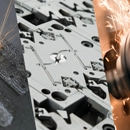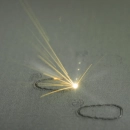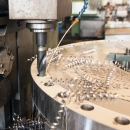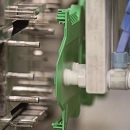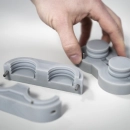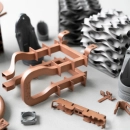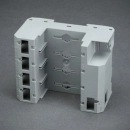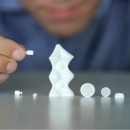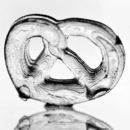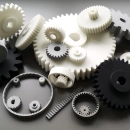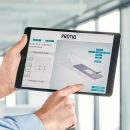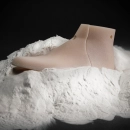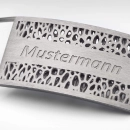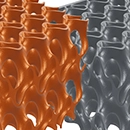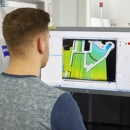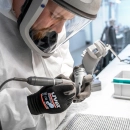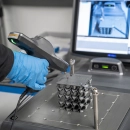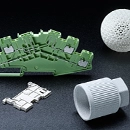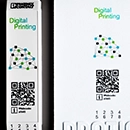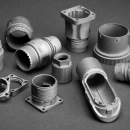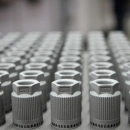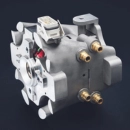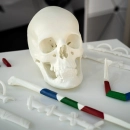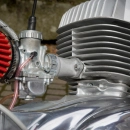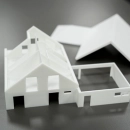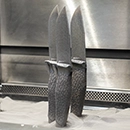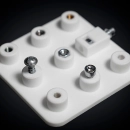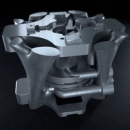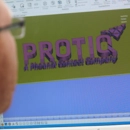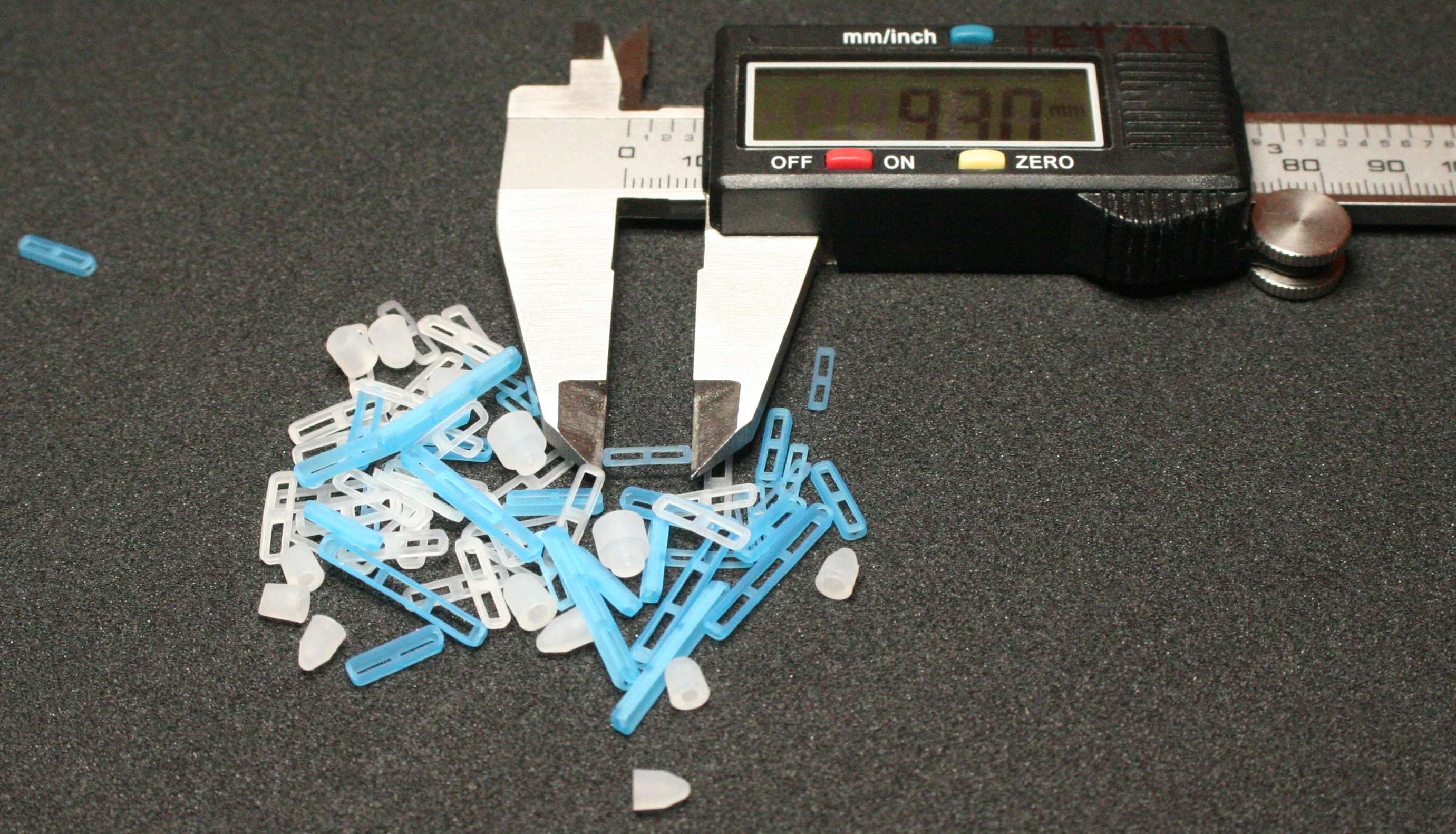Seals from 3D printing
3D-printed seals made of TPU and silicone-like material are an efficient alternative to conventional seals that are manufactured using injection moulding. The additive production of rubber seals enables fast production, customisation and adaptability, as well as a high degree of flexibility in the design phase.3D-printed rubber seals made from TPU and silicone-like material
In today's fast-paced industrial world, seals are essential to ensure the performance and reliability of machinery and equipment.
These are usually manufactured by injection moulding. This results in high initial costs when introducing new, customised seal types due to the need for moulds. The additive production of customised rubber seals reduces the production time required and lowers the resulting costs for small quantities.
Why 3D-printed gaskets?
Fast production: With 3D printing technology, seals can be produced in the shortest possible time. This means that you no longer have to wait weeks for your customised gaskets.
Individualisation and adaptability: 3D printed gaskets can be precisely manufactured for your specific applications, ensuring excellent fit and performance. In addition, 3D printing allows seals to be produced in almost any shape or size, offering great flexibility in the design phase.
Cost efficiency: As 3D printing causes less material waste and does not require expensive moulds or tools, the costs for seal production can be significantly reduced. Prototypes or small batches, right up to one-off production, can be produced directly and economically.
Seals additively manufactured
PROTIQ Marketplace can offer several materials specifically for use as flexible plastic seals. The use of silicone-like material and thermoplastic polyurethane (TPU) is particularly suitable for this application.
TPU from the SLS process
The production of seals using the SLS process enables comparatively large dimensions. The components are produced layer by layer from fine plastic powder by melting the powder in the right place using a laser beam. The particular advantage of this process is that no special support structures are required in the manufacturing process. This means that even very complex, three-dimensional geometries can be produced.
To further increase the sealing effect of the 3D-printed components, the material can also be chemically smoothed. This chemically dissolves the typical surface of the SLS process and thus reduces the surface roughness.
The dimensions that can be produced are 180 mm x 220 mm x 300 mm and are therefore also suitable for relatively large rubber seals.
Users on the PROTIQ Marketplace have the choice of selecting the material in different Shore hardnesses. These include: A75 , A80 and A90. The TPU Shore 80A in particular is characterised by additional outstanding durability and a maximum elongation of 300 % to 500 %.
Further information can be found in the material data sheet >
Acrylic resin seals for prototypes using the polyjet process
Seals made of acrylic resin that are produced using the polyjet process are particularly suitable for prototype applications.
The advantage of this process is that several hardnesses and materials can be combined in the same component. This means that the required Shore hardness of the seal can be precisely set and ranges from Shore A95 to A27.
In addition, the 3D-printed prototype can also be combined with rigid, solid components and manufactured in a single production job.
However, the rubber-like material used is not suitable for long-term series production of the seal. Chemicals, temperature and UV radiation can cause the components to post-harden and become noticeably brittle.
Whether you need a gasket for a high-pressure pump, a food processing machine or an automotive part, 3D printed rubber and TPU gaskets are the answer. They offer not only superior performance and reliability, but also cost efficiency and fast production times.
Upload your 3D part data here and get an instant price. With just a few clicks, you can generate a binding quote and place your order directly online.
Try 3D-printed gaskets today and benefit from the increased flexibility.



 Deutsch
Deutsch English
English